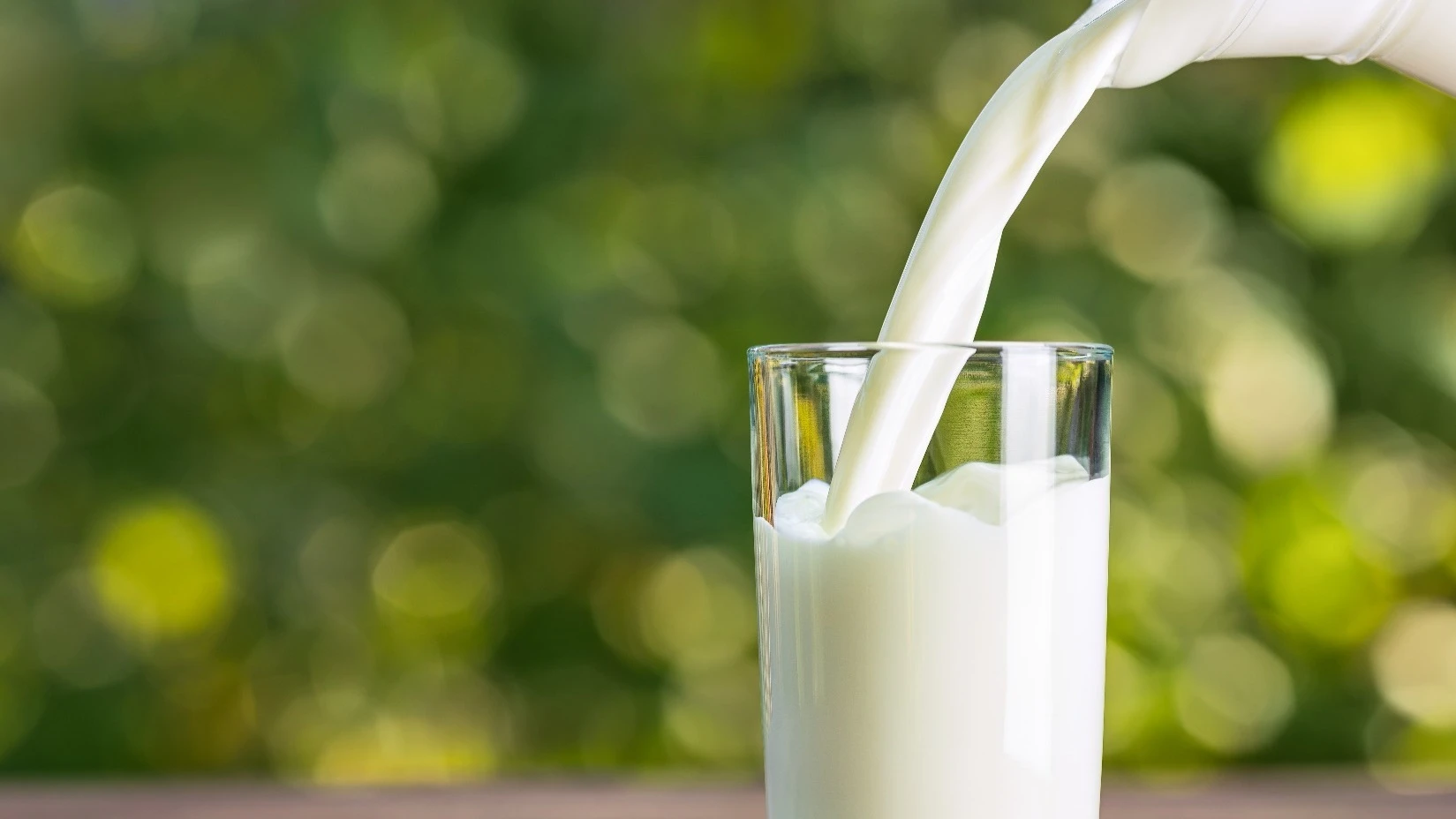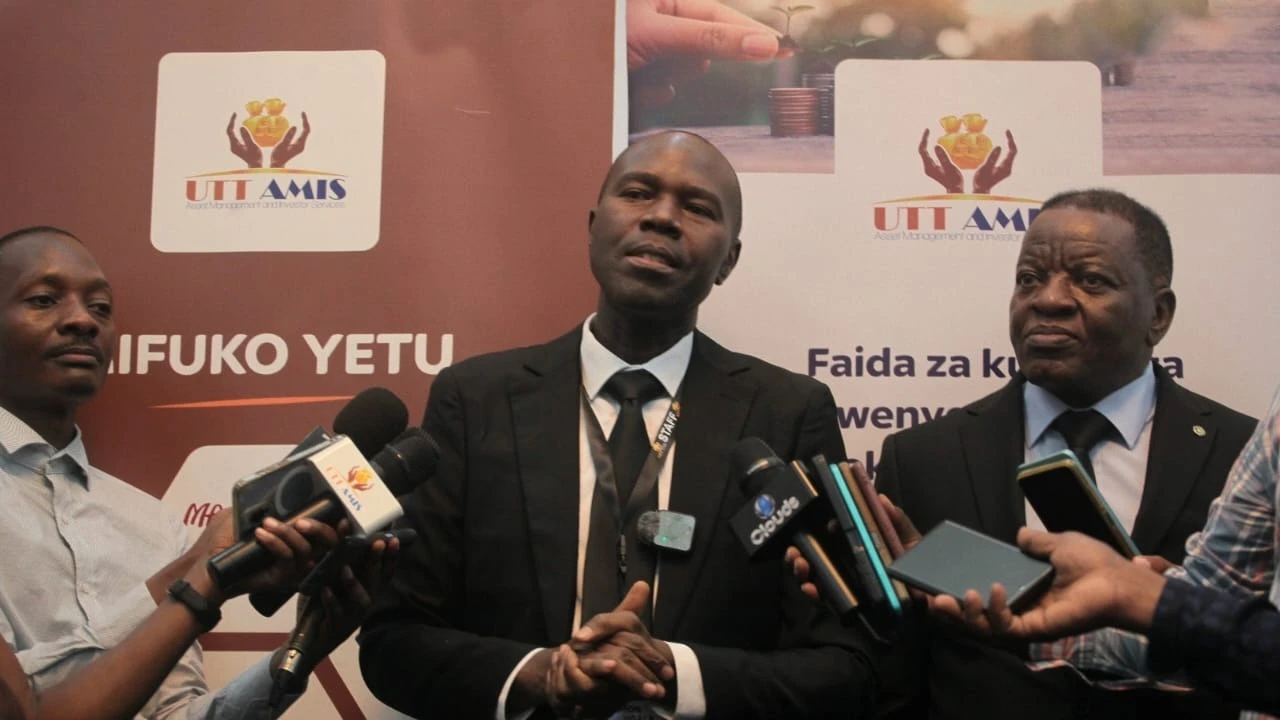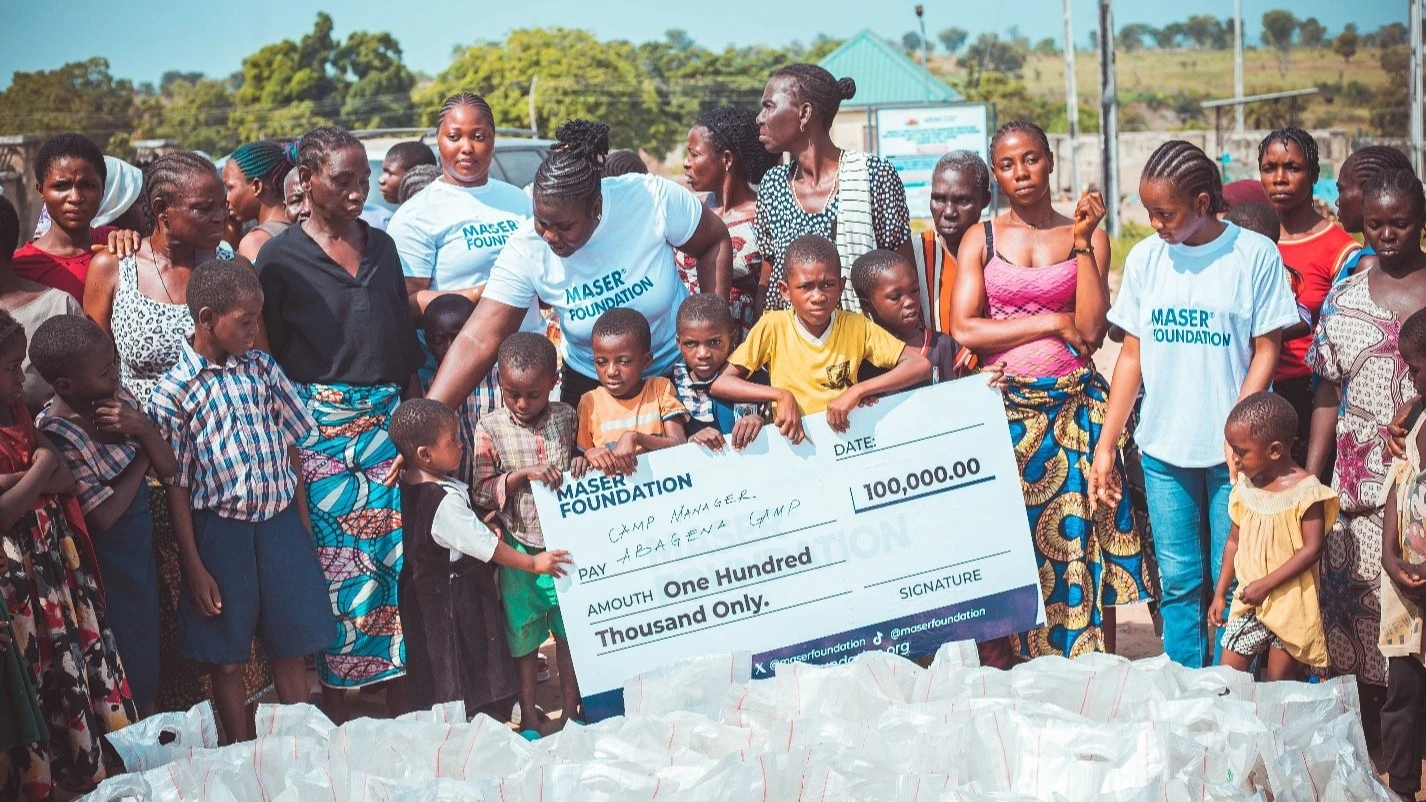Ministry roots for dairy processing decries using $8m yearly on imports

TANZANIA spends a staggering $8m annually on importing milk primarily due to a significant gap in local processing capacity, the government has stated.
Prof Riziki Shemdoe, the Livestock and Fisheries permanent secretary, made this remark in Dar es Salaam at an inception meeting for a guidance mechanisms for small-scale and medium enterprises (SMEs) to strengthen food safety in the meat and dairy sectors.
The United Nations Food and Agriculture Organisation (FAO) initiated the mechanism aimed at improving food safety and increasing production in the local meat and dairy sectors.
It supports small and medium enterprises (SMEs) within the dairy and meat value chains, he said, noting that despite milk production surpassing three billion litres per year, just five percent of the produce is processed, compelling large amounts of imports for shops, hotels and supermarket needs.
He pointed at the lack of local factories capable of producing powdered milk as a major factor driving importation, pointing at the country’s potential to reduce dependency on milk imports by boosting local processing.
Underscoring the need for more investments in local dairy processing, he said that process most local milk would diminish imports of powdered milk.
“By developing local processing capacity, we can capture value from our own resources and reduce the financial burden of imports,” he asserted.
He said that for the first time the country has powdered milk factories, stressing that it is a big achievement, and encouraging other investors to set up milk processing plants.
He said that the milk subsector faces significant challenges while notable progress was seen in other areas of the livestock industry.
There was a remarkable increase in meat exports over the past few years, growing from 1,774.3 tonnes in 2022 to 14,701.2 tonnes in 2023, he stated.
This growth arose from concerted efforts to revitalize the livestock sector, especially with higher budget allocations and infrastructure development, he explained.
“Government investments in the livestock sector have been critical in improving meat production and exports. The growth in meat exports reflects our efforts to enhance the sector’s competitiveness and productivity,” he further asserted.
Despite producing a lot of meat there is still a good amount of meat imports via pork, beef and chicken sausages, he pointed out.
The government is improving infrastructure to facilitate the transportation of livestock and related products domestically and internationally, he said.
Roads, modern slaughterhouses and cold storage facilities are the key needs, essential for ensuring the quality and safety of products for export, he specified.
Legal and regulatory reforms aimed at creating a more favourable business environment for the livestock industry also helped, he said.
The reforms are intended to ensure a stable and predictable climate for private sector growth, fostering investments and encouraging more players in the livestock trade, he added.
Top Headlines
© 2025 IPPMEDIA.COM. ALL RIGHTS RESERVED






















